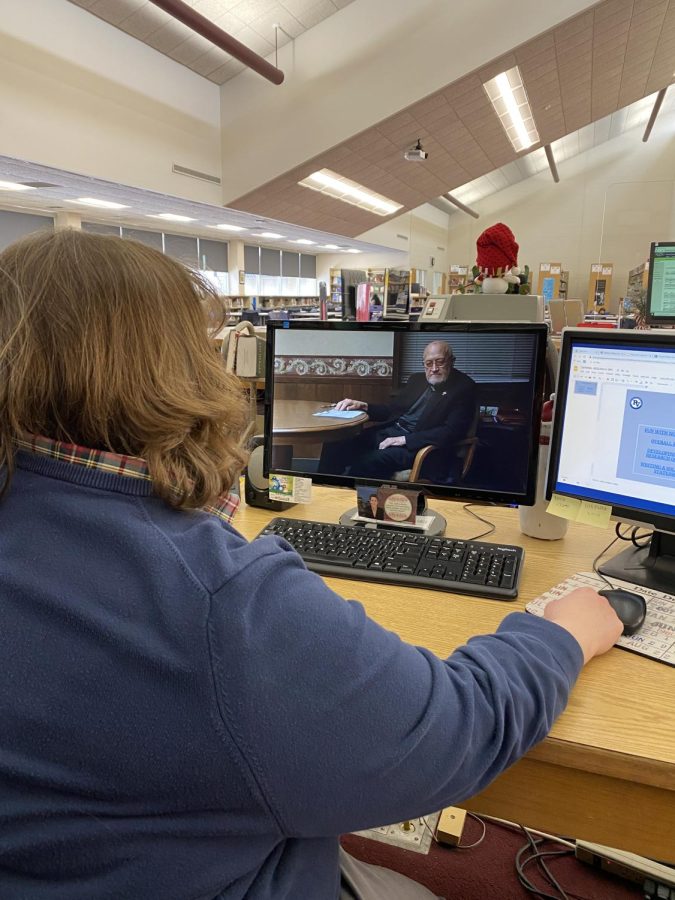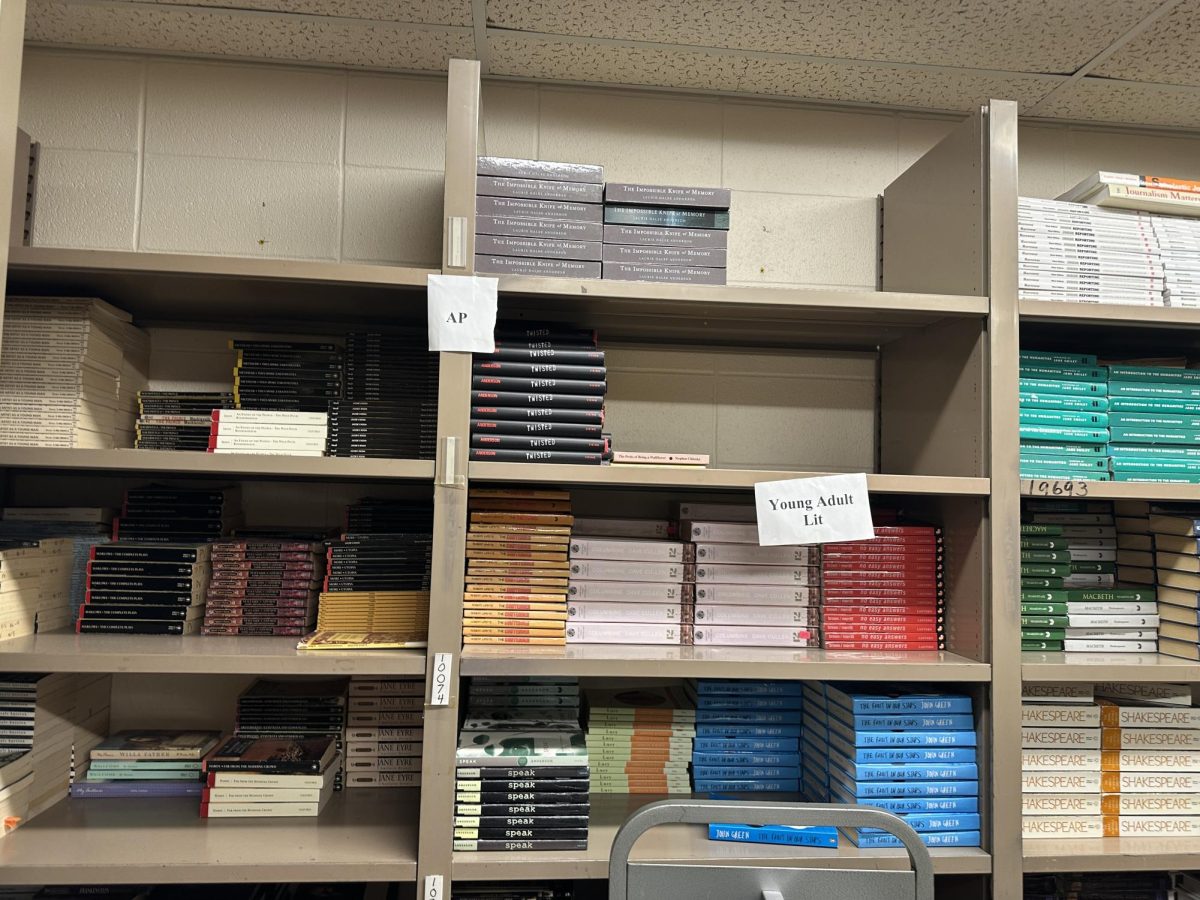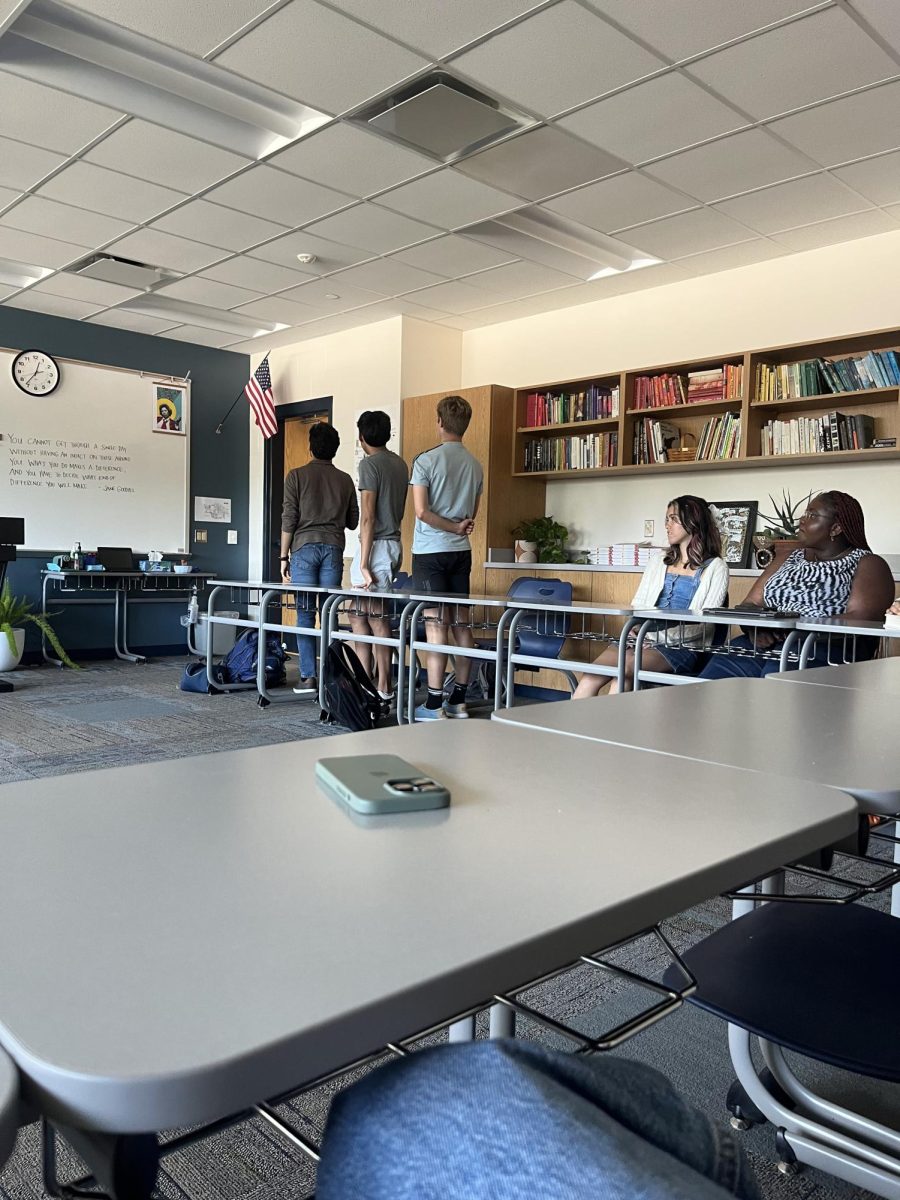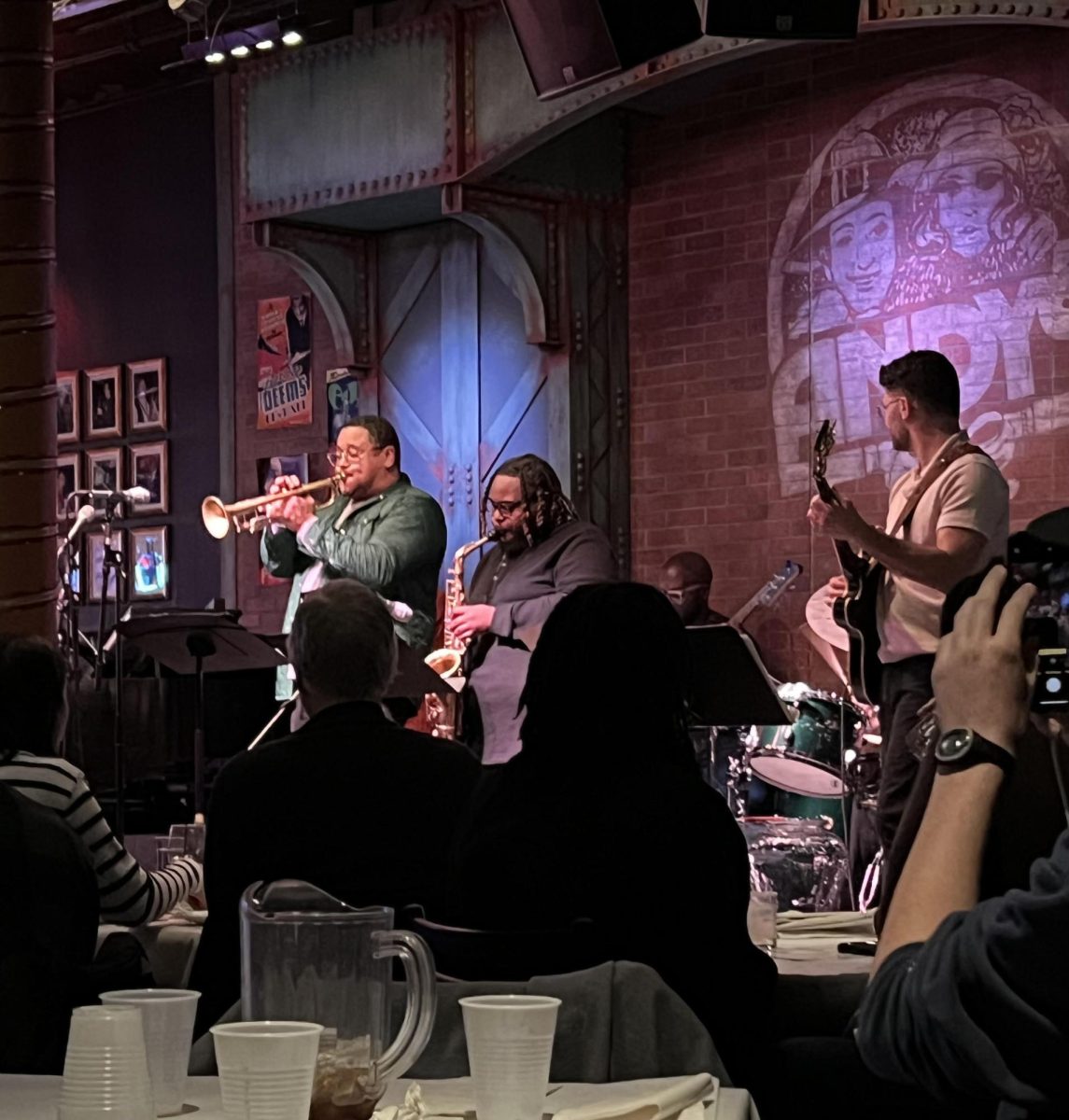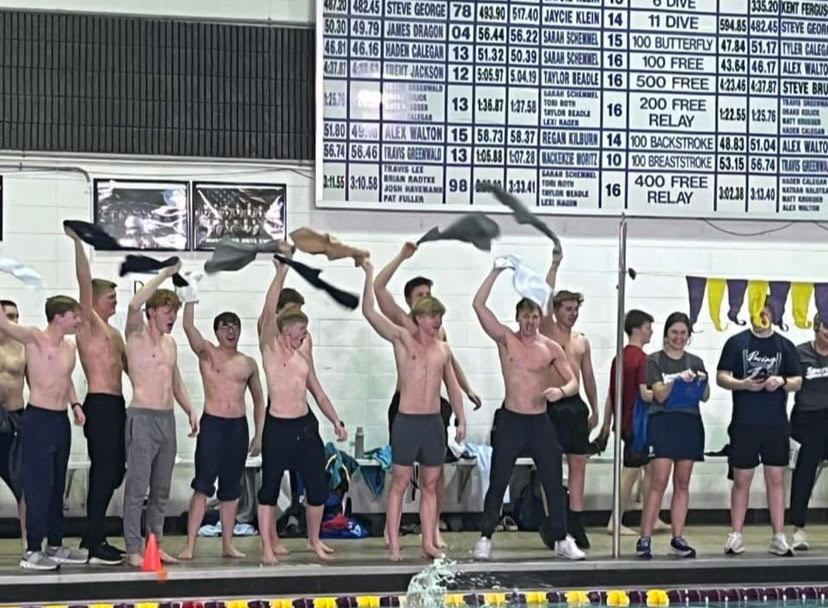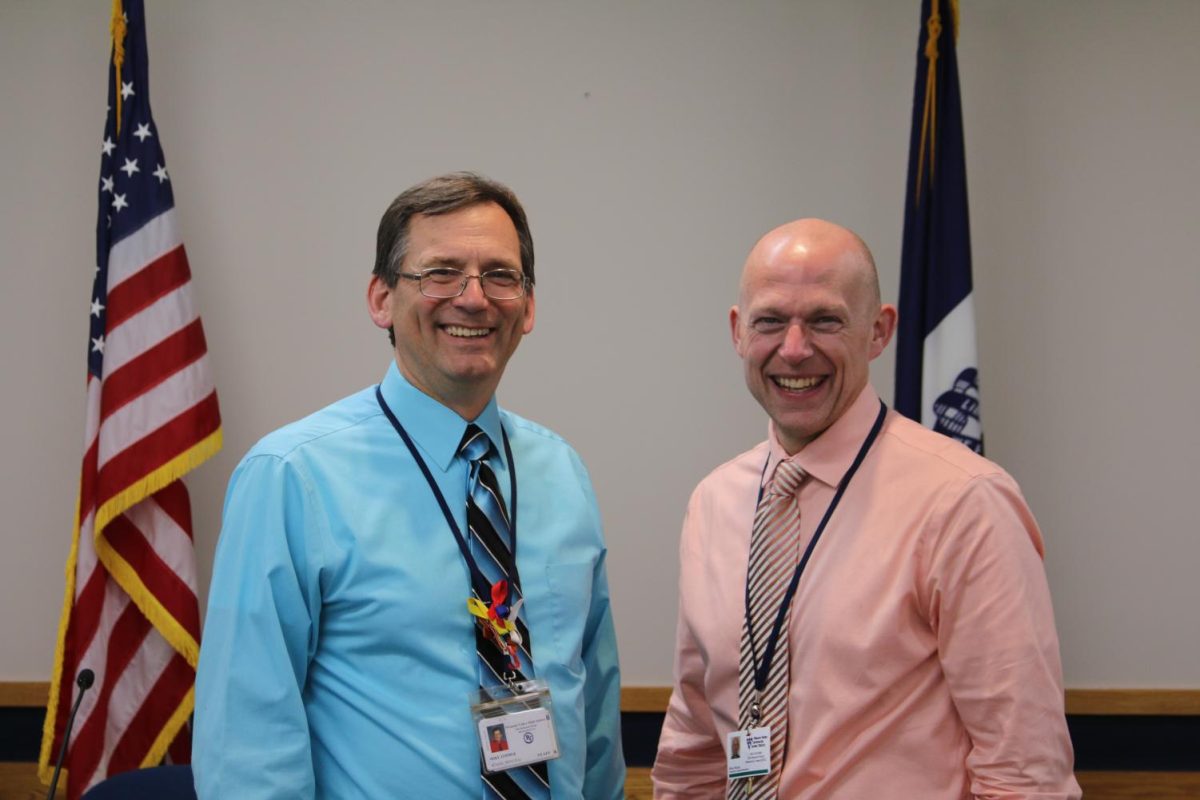As America lies in a post-election era, the effects of the election prevail in the polarized nation divided by politics. Some are labeled far too ignorant to educate themselves while others are deemed “too woke” for their own good. In a national landscape divided by the mere “conservative” or “liberal” denomination, how can the nation work together to reform inequity and racial injustices?
Physical education teacher Jane Wheeler took the initiative of starting an optional 21-Day Equity Challenge for PV’s staff members from Feb. 7 through Feb. 28. The challenge, created by diversity expert Randy Moore Jr., provides Americans across the nation with 21 days worth of resources on the abominable history of injustices in the United States.
The American Bar Association explained the primary motive of the challenge is to “advance deeper understandings of the intersections of race, power, privilege, supremacy and oppression.” In an effort to personalize the staff’s learning experience, Wheeler focused on finding resources pertaining to inequity discussions on education in the Quad Cities or PVCSD.
Wheeler and several other teachers in the building participated in the United Way Quad Cities’s 21-Day Equity Challenge in 2021; United Way Quad Cities is a nonprofit organization addressing the injustices of equity, education, income and health efforts in the Quad Cities.
“The other teachers and I felt the Quad Cities challenge last year was powerful and pretty informative,” she said. “So then I was thinking about how this year our different equity and diversity committees have been trying to do whatever work we can in the building to educate and spread awareness, and I thought especially with Black History Month this month, it would be a good time to do an equity challenge here.”
After working with PV’s diversity committee of teachers, Wheeler was able to curate 21-days worth of resources that address local issues on how inequality and racism affect the education of students in the Quad Cities. “I did the same thing as United Way Quad Cities, so I created a 21 day calendar and sent out a survey to all staff members at PV asking if they would be interested in participating in the challenge,” Wheeler shared.
After receiving the survey results, Wheeler had reached around 40 PV staff members who were interested in participating in the challenge. Throughout the ongoing challenge, Wheeler sends out daily emails with local sources, reflection questions over the reading materials and offers Friday discussions that allow staff members to have weekly discourse over these matters.
Counselor Leslie Spiller attended the Friday discussion and emphasized the importance of diversity work in school. “Both as individuals in this nation as well as our role in working with a diverse student body, this work challenges some of our thoughts and behaviors with everything going on in this country,” Spiller said.
“At the discussion, we asked ourselves why we decided to do this challenge; why did we take it upon ourselves to do this work? Then, we discussed some of the resources that had been sent out. We watched videos about uncomfortable conversations, implicit bias and took some of the quizzes that had been sent out.” Spiller explained that the staff members’ quiz results helped them better understand what resources they should focus on looking into and how real change can stem from just one individual.
Wheeler’s 21-day calendar of resources considers topics from LGBTQ+ rights, personal biases, all the way to redlining and allyship.
On day 11 of the challenge, participating staff members watch one video and read articles – “The Case for Reperations” and Ta-Nehisi Coates’s articles – while examining the discrimination in housing. The satirical video presents an idea to viewers: White suburbia has been labeled “white” because of decades of racist federal policies that have resulted in a failure of integration in suburbs.
Later on day 17, participants are provided resources on getting comfortable with talking about race. One of the videos for day 17 is a TED Talk by Jay Smooth talking over awkward conversations white people have with people of color when discussing race. The TED Talk is in response to his video called How To Tell Someone They Sound Racist, but both videos comment on the idea that people must be called out for insensitive remarks, not have their entire character judged.
Smooth said, “The race constructs that we live in America were shaped specifically by desire to avoid making sense. They were shaped for centuries by a need to rationalize and justify indefensible acts. So when we grapple with race issues we’re grappling with something that was designed for centuries to make us circumvent our best instincts.” Along with the two videos, day 17 also provides a link to a PBS guide on how to address race and racism with kids.
Librarian Carissa McDonald commented on Wheeler’s work with diversity and equity at PV. “Mrs. Wheeler has just done an awesome job of finding things that better fit teachers and PV specifically, as much as you can do that. The best part so far has been that whether we are looking at videos or articles, the content is more education oriented and focuses on us teachers.”
She continued, “The most important thing out of this is that as individuals we can learn things, but really it is what you do with that information that is going to have an impact on the school.” As controversy looms over racial and political discussions in the classrooms, teachers must persist to find unbiased ways of educating students and staff on critical issues.


